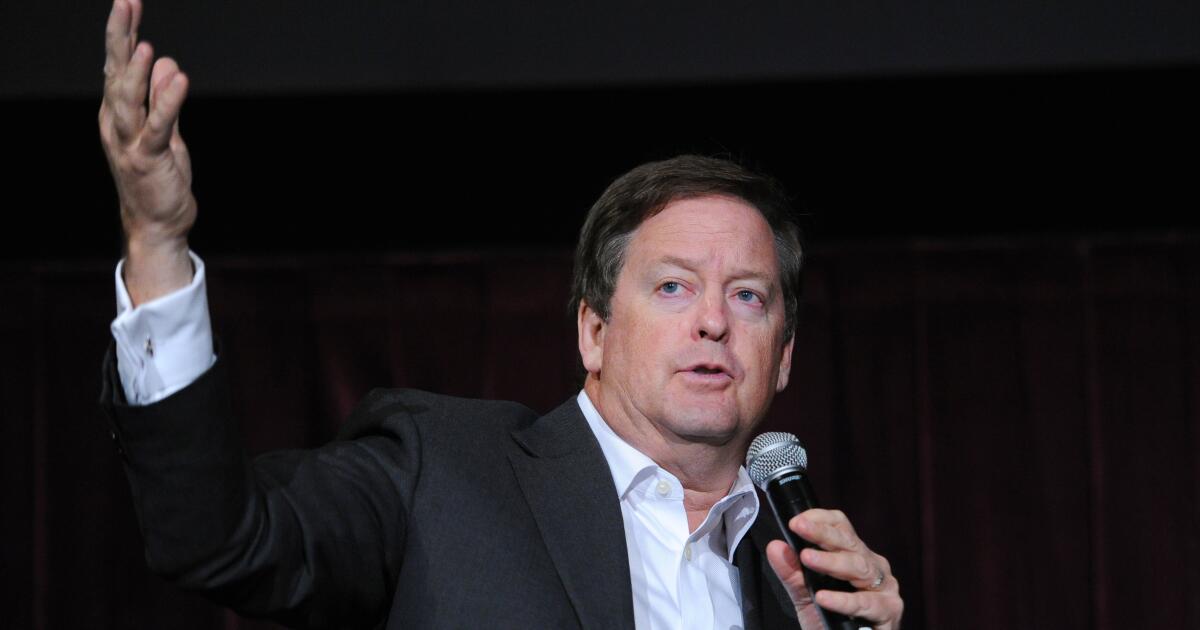California has an affordability crisis, with millions of people struggling to survive as prices for housing, food, gas, utilities, child care and other necessities skyrocket. The challenges are especially acute for restaurant, service and retail workers and other people who earn minimum wage.
Proposition 32 on the Nov. 5 ballot would help by giving the state's lowest-paid workers a modest raise. The measure would raise the state's minimum wage from $16 an hour, which will rise to $16.50 on Jan. 1 under current law, to $18 on Jan. 1 for businesses with 26 or more workers, and to $17 for businesses with 25 or more. fewer workers, who would have until 2026 to start paying $18. Under current law, the minimum wage, which increases with inflation, would reach $18.20 in 2029; Proposition 32 would increase it to an estimated $19.30 that year.
This is a reasonable, limited measure focused on the workers who most need a boost, and California voters should support it.
According to advocates, between 11% and 17% of California's 18 million workers would see a wage increase under Proposition 32. But the impact on employers and workers will be slight in many of California's large cities, which have set their own higher minimum wages that exceed those of the state. For example, Los Angeles' minimum wage increased to $17.28 on July 1. And some cities, such as San Francisco and West Hollywood, already exceed $18 an hour.
The changes would be most significant in communities where local officials have not acted to raise wages at the local level. That includes lower-cost inland regions, such as the Inland Empire and Central Valley, but also some of the most expensive areas of the state, including Marin, Monterey, Orange, Santa Barbara and Santa Cruz counties, where only one city, Novato, has a minimum wage, according to a recent report by the nonpartisan Legislative Analyst's Office.
Earning a decent wage should not be a privilege granted to people who live in the right ZIP code, and raising the state minimum wage is more equitable than a patchwork of rules for different regions and industries.
Unions have guaranteed higher minimums for certain sectors. Fast food restaurant workers already earn at least $20 an hour, and health care workers' wages are rising to $25. But having multiple minimum wages based on location or type of work can be problematic for employers and is unfair to workers who are left out.
Prop 32 is funded by Los Angeles investor and anti-poverty advocate Joe Sanberg. He and other supporters, including the California Federation of Labor and the restaurant and service workers organization One Fair Wage, argue that raising the minimum wage is the simplest way to help struggling workers pay rent, food and other basic needs. They also point out that low minimum wages subsidize businesses that don't pay their workers enough to survive in our state, shifting the cost to taxpayer-funded social safety net programs.
Opponents, including the California Chamber of Commerce and the California Restaurant Association, argue that workers have already benefited from years of wage increases. under the 2016 law that includes automatic cost-of-living adjustments. Opponents argue that raising the minimum wage will reduce companies' profit margins and force them to raise prices, reduce workers' hours and cause some businesses to close.
But there is little evidence that nearly a decade of gradual minimum wage increases has seriously hurt California's economy. Nor has it led to massive job cuts. On the contrary, as widespread post-pandemic staffing shortages have shown, higher wages actually make it easier for employers fill job vacancies and retain workers.
It's true that the money to increase labor costs has to come from somewhere, but previous research shows that it is consumers, not companies, who pay in the form of higher prices. But it's important to recognize that while raising wages can contribute to inflation, it also increases the purchasing power of workers who are hardest hit by rising prices and need all the help they can get.
The reality is, as even its advocates acknowledge, that this modestly higher minimum wage still falls far short of a living wage. Proposition 32 also does not fix the underlying problems, primarily the housing shortage, that make California such an expensive place to live. But a slightly higher salary would change the lives of millions of people struggling to make ends meet. That's reason enough for voters to support Proposition 32.












